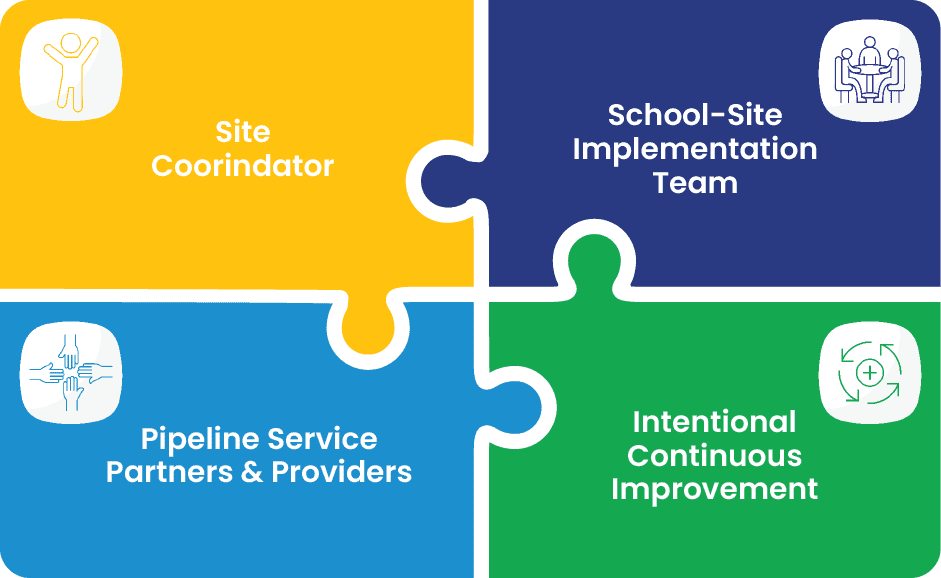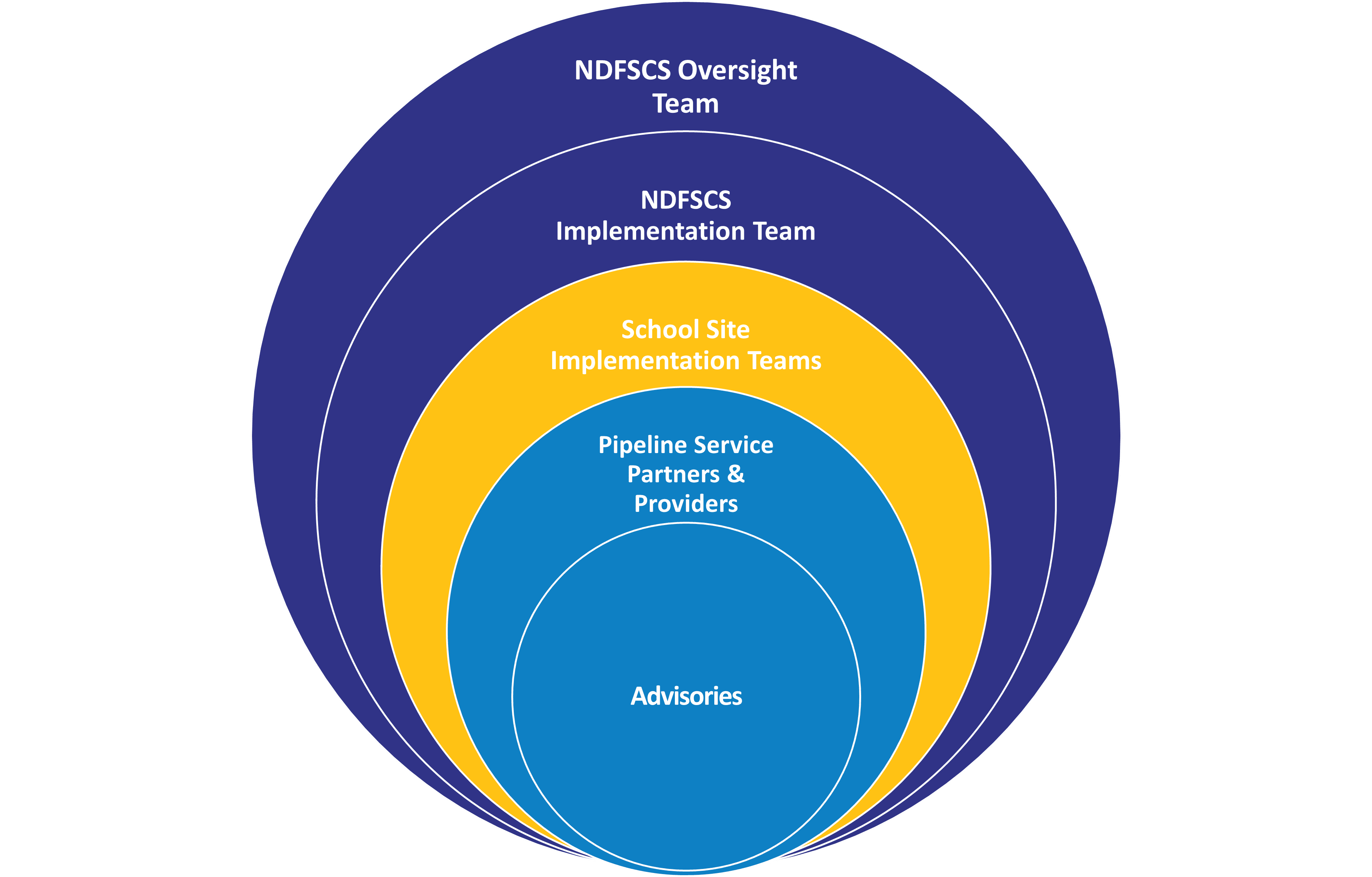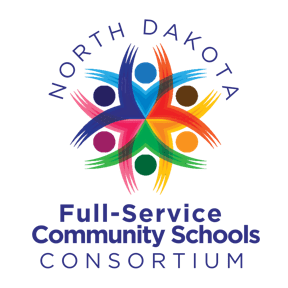
We know that, for a variety of reasons, not all students come to school ready to learn each day due to various barriers they experience. These barriers might include, but are not limited to: hunger, housing or transportation challenges, lack of early childhood experiences that support learning, behavioral health conditions, physical health disparities (dental, vision, etc.).
Furthermore, school resources - specifically, finite resources like time, money, staffing, and energy - are typically stretched thin, building those existing barriers even higher for students to succeed.
Whether we like it or not, in order to learn and be successful, those very fundamental needs of students and families must be met, and school leaders and educators can’t – and shouldn’t be expected to – do it alone. It actually does take a village to prepare students to be successful in life beyond the walls of K-12 schools.
In 2018, Nexus-PATH Family Healing, a non-profit organzation that provides community-based services to youth and families, in collaboration with two ND Regional Education Associations (REAs), the Central Regional Education Assocation and the South East Education Association, applied for and received a five year grant from the U.S. Department of Education to build, develop, sustain, and scale a North Dakota model of Full-Service Community Schools.
What We Do
We partner with local leaders to coordinate comprehensive supports in areas such as wellness, workforce readiness, and academic enrichment to help students, families, and communities thrive.
How We Do It
4 Cornerstones
The NDFSCS Consortium has adopted the Partnership fro the Future of Learning's 'Community Schools Playbook Keys to Success' and have adapted these "Keys for Success" as the cornerstones necessary to guide NDFSCS School Sites through the implementation process.

Why We Do It
Who We Are
We are a Consortium representing a variety of ND schools and organizations who are passionate about helping ND students and families succeed.



